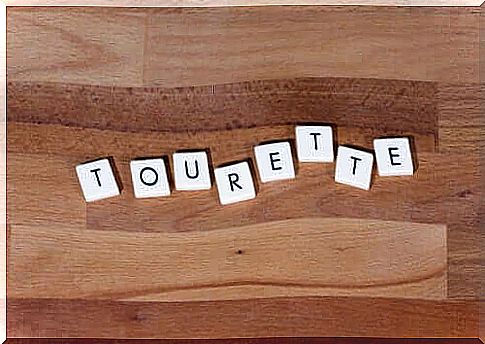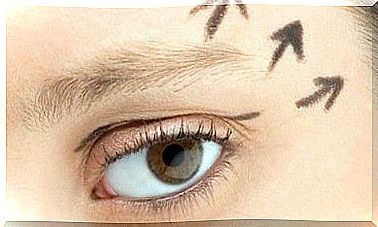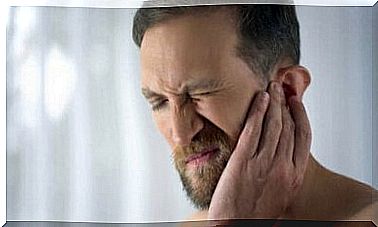Treatment Of Tourette’s Syndrome
Tourette’s syndrome is a complex condition that results in involuntary and repetitive movements or sounds. There are no cures, but there are different forms of treatment. Here are more.

The treatment of Tourette syndrome is not a common topic because this neurological disorder affects one in 100 people. It is characterized by the appearance of tics (involuntary compulsive disorders) which progress to repetitive movements or unwanted sounds.
This disease has a very big impact on the lives of those who suffer from it. It can affect social and professional aspects. Unfortunately, there is no cure. However, various approaches can improve the situation. We tell you more in this article.
What is Tourette syndrome?
As we just mentioned, Tourette syndrome consists of the appearance of involuntary movements or sounds that cannot be controlled. In most cases, this pathology begins to manifest itself in childhood or adolescence, before the age of 15.
The cause of this disorder is not known. Genetic and environmental factors are believed to be the cause. Indeed, this syndrome is common in people who have a family history. It also occurs more often in men than in women.
Tics are sudden, brief movements or sounds. They are classified as simple or complex. The first are those that involve small muscle groups. For example, the blinking of the eyelids. Complexes, on the other hand, include more muscle groups.
Many people identify Tourette syndrome as the pathology of swearing or cursing at inappropriate times and out of control. However, the manifestations can be very varied and do not necessarily include this symptom.

Medical treatment for Tourette syndrome
Most people do not need treatment for this condition because the symptoms are mild and do not affect their daily life. However, they can also become disabling. So there are ways to relieve these tics. One of them is medical treatment.
A review article published in the National Institute of Neurological Disorders and Stroke states that certain neurotransmitters, such as dopamine, are involved in the development of this pathology. Therefore, medical treatment for Tourette’s syndrome includes drugs that block or reduce dopamine.
For example, haloperidol and risperidone are usually prescribed. They seem to help decrease tics, although they have a high risk of side effects such as weight gain.
Another option is to inject botox into the muscle that generates the tic. The research is also underway on the use of anticonvulsant drugs such as topiramate.
In addition, it is important to emphasize that Tourette’s syndrome is generally accompanied by other pathologies. Some of these are anxiety, depression as well as obsessive compulsive disorder. Therefore, antidepressants and anxiolytics are often given to relieve these symptoms.
Behavioral therapy as a treatment for Tourette syndrome
Behavioral therapy is a type of psychological therapy which aims to re-educate the patient so that he learns to control his tics. The idea is, that by identifying the signs before the involuntary gesture, another response can be generated to thwart them.
This type of therapy uses a variety of strategies. Although it helps reduce the number and severity of tics, it is not a definitive treatment for Tourette syndrome. In addition, it is not effective on all people.
Reversal of habits
One of the techniques included in this behavior therapy is habit reversal. According to a study published by the University of Miguel Hernandez, this is an effective treatment option that does not require drugs.
This method has different steps. It relies on increasing awareness of tics in order to identify them. From there, the patient trains to produce a response incompatible with the tic in question.
For example, if the tic involves touching your head with your hands, the first thing to do is to be aware of this movement and when it is going to occur. Then, the new behavior will be to place the hands elsewhere, such as on the knees, to avoid making the gesture.

Comprehensive behavioral intervention for tics
Another type of behavior therapy is CBIT. It includes habit reversal, relaxation and tic education to reduce the symptoms of Tourette syndrome.
This type of strategy is not only for the person with the syndrome. It also involves other people around to promote improvement. For example, if it is a school-age child, teachers are encouraged to collaborate.
Treatment of Tourette syndrome: what to remember …
The treatment of Tourette syndrome is complex. In addition, this disease has a big impact on those who suffer from it. There is no cure, but different strategies have been developed over the years to improve symptoms.
Finally, behavioral therapy is a promising method to improve the quality of life of these people without the need for medication. It is essential to remember that psychological support is fundamental to cope with the pathology.









